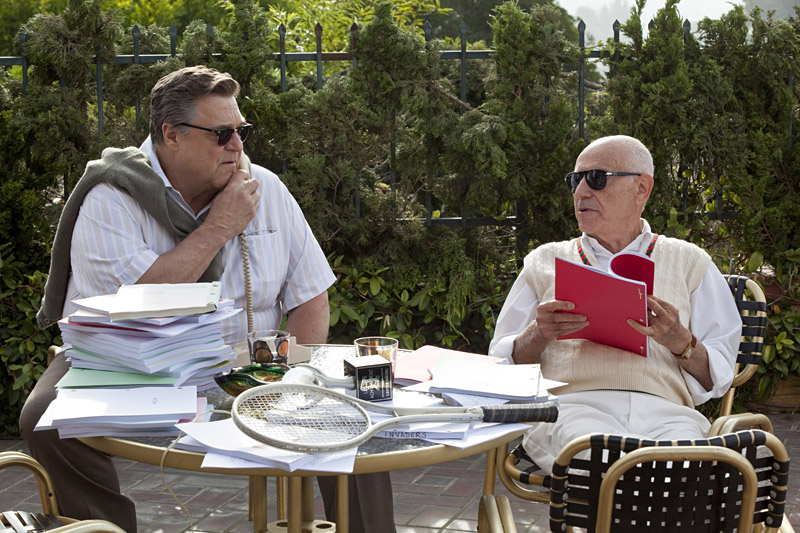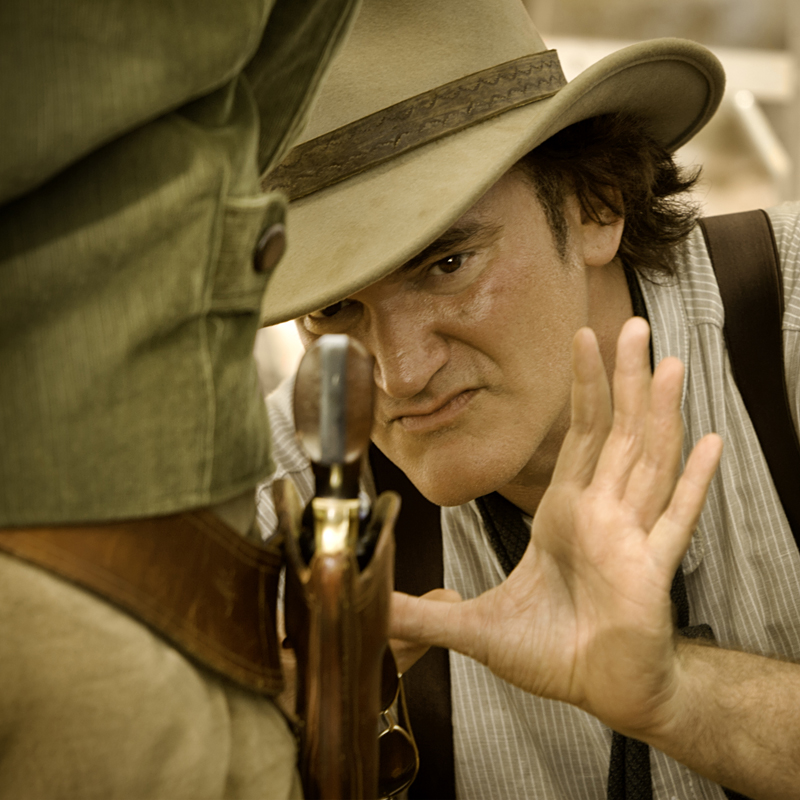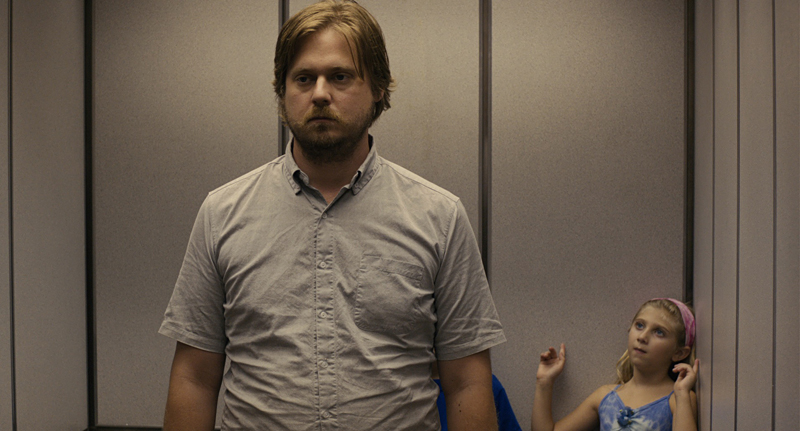Set amid the 1979–80 Iran hostage crisis, Ben Affleck’s Argo is a “gritty” historical drama overwhelmed by its love of Hollywood as an inventor of imaginary narratives with real consequences, a great generator of American bedtime stories whose magic works on suburban kids and foreign enemies alike. After an “Iranian Revolution for Dummies” prologue, the movie proper begins with the November 4, 1979 attack on the U.S. embassy in Tehran. While 52 Americans are held hostage, six embassy workers manage to escape, ultimately hiding out at the home of Canadian ambassador Ken Taylor (Victor Garber). Determined to smuggle the houseguests out of Iran by disguising them as a film crew on a location scout, CIA exfiltration expert Tony Mendez (Affleck) enlists the help of John Chambers (John Goodman), a movie makeup artist, and Lester Siegel (Alan Arkin), an old-school producer Chambers pulls off the lifetime-achievement circuit to give the “production” credibility. (In real life, Chambers won an Oscar for Planet of the Apes; Siegel is a composite.) Between hokey wisecracks ribbing industry idiocy, the trio seizes on a dusty script for a Star Wars ripoff called Argo. The great movies of the period Argo depicts, even period pieces, were about the American experience in the moment they were made. Argo doesn’t reflect who we are now so much as it argues for what Hollywood can be. It’s an embodiment of the kind of quality adult film that really shouldn’t be an endangered species, and a love letter from Affleck to the industry that made him, shunned him, and—as the success of The Artist proved last year—loves nothing more than to be loved.
Argo: Ben Affleck Rescues the Hostages From Iran








